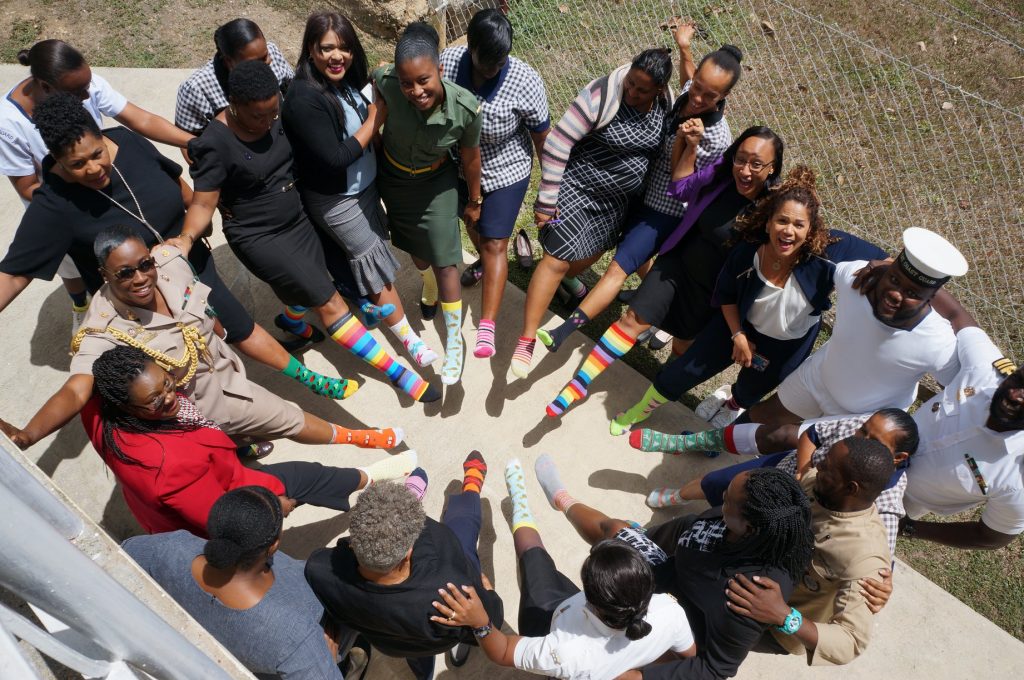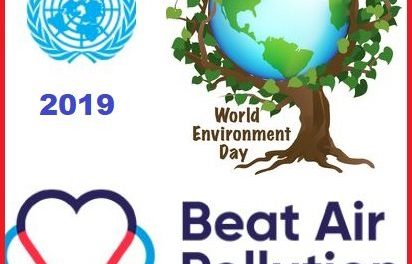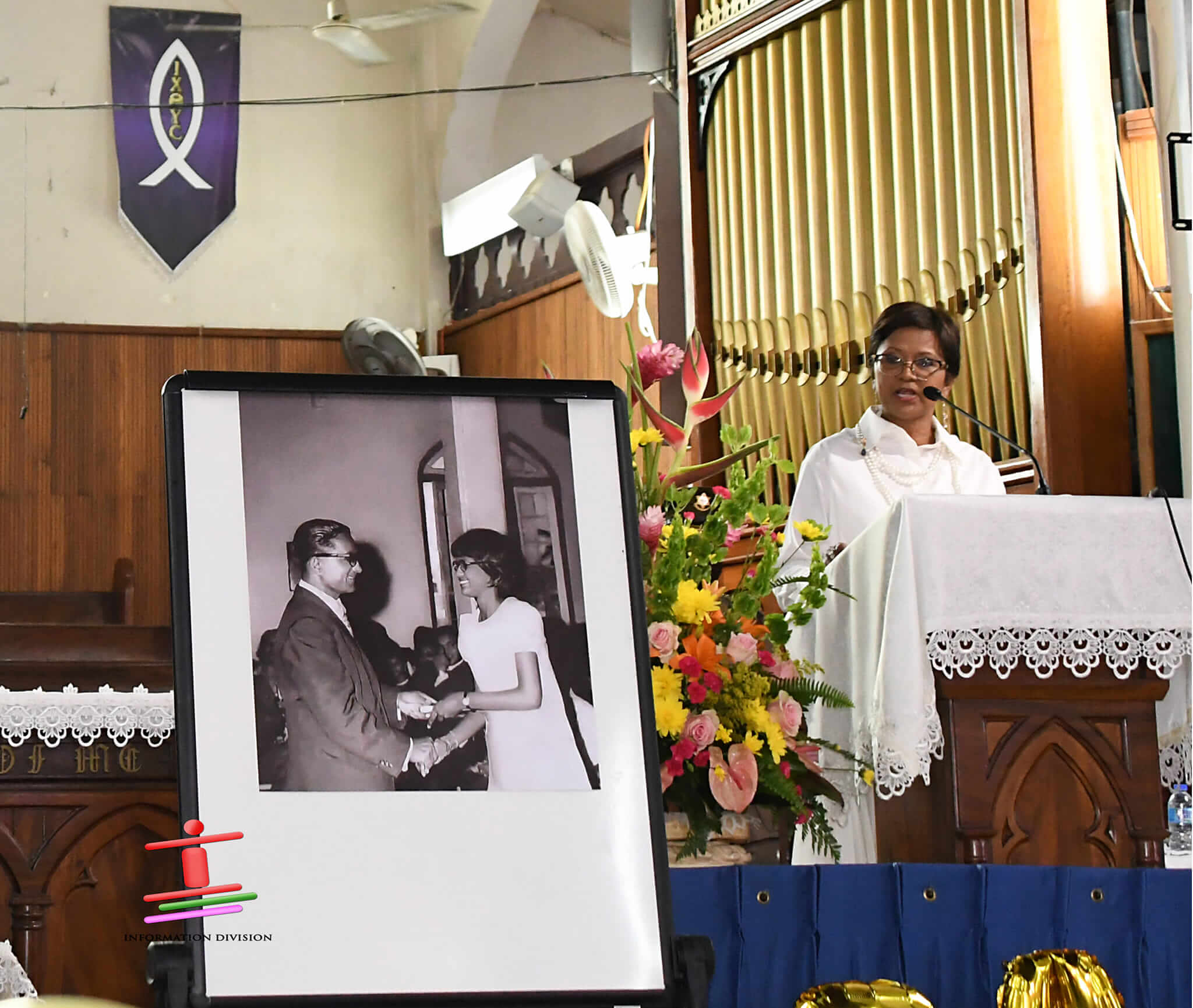On World Down Syndrome Day we recognise the right of people with Down syndrome to lead happy and fulfilling lives and to be treated with dignity and respect.
Down syndrome is a genetic condition caused by a chromosomal disorder which usually results in physical and intellectual impairments. People with Down syndrome are regularly viewed with pity, and sometimes scorn, due to common misconceptions regarding their ability to participate in normal activities and have a decent quality of life.
In reality, the principal impediments which prevent people with Down syndrome from achieving their greatest potential are societal biases and stigmas as well as the lack of legal and regulatory frameworks to afford them greater opportunities, rather than the actual limitations of the condition.
With care and understanding, people with Down syndrome can be educated, work and contribute to the building of this country. We have seen many examples of those who have benefitted from a loving and understanding support system such as young pannist Daniel Gulston.
Trinidad and Tobago has pledged to fulfil the objectives of the United Nations 2030 Sustainable Development Agenda which, among other aims, seeks to reduce societal inequalities. People with Down syndrome and other disabilities must have the opportunity to be included in education, employment and community life. If we are to accomplish the aims of the 2030 Agenda, we must seek to address the legal and cultural gaps which prevent the full and equal participation in society of people with Down syndrome.
All spheres of society must contribute to the breaking of actual and perceived barriers and encourage, rather than limit, people with Down syndrome to live rich and productive lives. If we are to ensure that no one is left behind, we must safeguard and promote their rights and status as valuable members of our national community. Let us pull up our mismatched socks and work towards removing all forms of discrimination, biases and misunderstanding regarding persons with Down syndrome.










